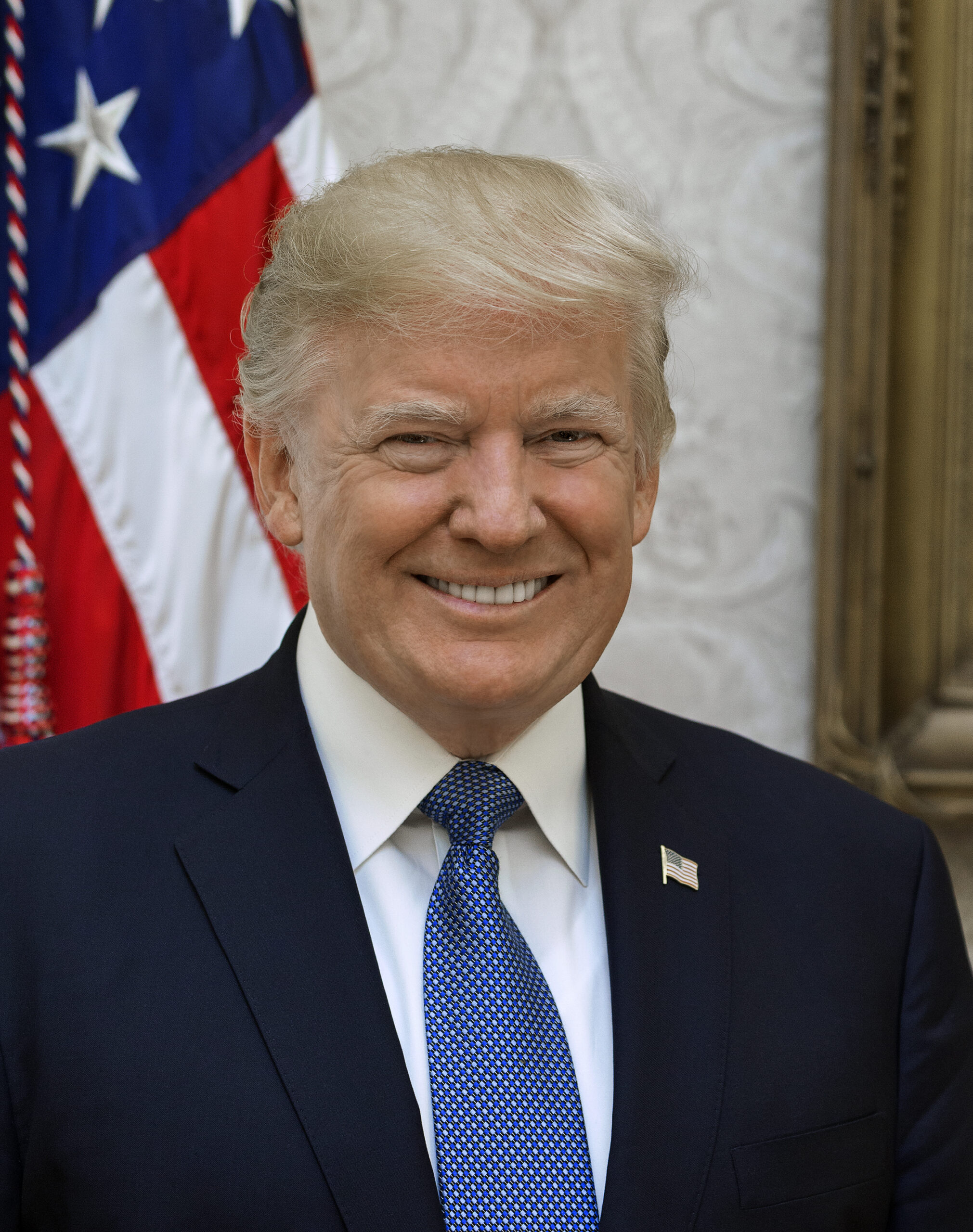October 5, 2023
To me, a great general idea is one that can be approached from many different directions, and it will still explain important phenomena. One where, after hearing about it, for some period of time afterwards, everywhere you look, you seem to see an example of it in action.
The idea of my book Fatal Certainty is one such, I think.
Of course I would think that. But maybe I can persuade you of that proposition as well.
One of the most obvious phenomena of the twenty-first century has been that previously stable and respected institutions have, one after another, fallen into crisis. The established authorities have almost all lost the trust of the public, and almost none of them have figured out a way to regain that trust and reestablish the lofty status they occupied in the last millennium.
This is not entirely unrelated to the topic of my recent blog post on conspiracy theories. What some elite authorities, and almost all conspiracy theorists, have in common is a shared assumption that it is possible for someone somewhere to know everything (or at least enough) and to be in control of great events.
COVID-19 should have proved to anyone that government experts (at least in the United States) did not have control over events. Over a million Americans – approximately one in three hundred – died of a disease that, for example, killed only a bit more than one in 2,600 people in India. The medical system had fallen from 44 percent of Americans expressing a “Great deal/Quite a lot of confidence” in it in 2021 to just 34% in 2023, according to Gallup. But it’s hardly the only example of great institutions that have gone into crisis since the bell was rung on this new century.
Police had fallen eight points, from 51% to 43% on the same measure; the Supreme Court fell from 36% to 27%; public schools from 32% to 26%; “big business” from 18% to 14%. Religious institutions have dropped in the esteem of the American people as well. The Gallup survey had them at 32 percent approval, down five points in just two years.
By late 2022, even the military no longer commanded the faith it once did, as the lone exception to the institutional trust issue. As recently as 2018, 70 percent of Americans trusted the military. In just four years, that number had dropped to 45 percent. 62 percent of respondents thought the military had become “overpoliticized.”
A large portion of this decline in confidence has to do with politics, clearly.
However, in my opinion, much of the decline could ultimately be attributed to excessive, perhaps even “Fatal,” certainty on the part of institutional leaders and experts – which itself was behind much of the political anger against them and the establishment they represent.
Anthony Fauci devoted his entire career to bettering public health in the United States. Yet his inability to understand how a very visible change in his expert opinion would be received by a huge percentage of the American public during a crisis may have contributed to the scale of the COVID-19 disaster in his country.
Fauci told a “60 Minutes” interviewer on March 8, 2020, “There’s no reason to be walking around with a mask. When you’re in the middle of an outbreak, wearing a mask might make people feel a little bit better and it might even block a droplet, but it’s not providing the perfect protection that people think that it is. And, often, there are unintended consequences — people keep fiddling with the mask and they keep touching their face.”
Fauci did not hold to this opinion much longer. By April 3, 2020, he was recommending that all Americans wear masks. As a result of his perceived flip-flopping, and the intense sensitivity of a large minority of the public to any perceived slight to his titular boss, President Donald Trump, by late 2020, Fauci was no longer seen as a trustworthy purveyor of pandemic information by most Republican voters – a proportion of the population easily large enough so that its lack of cooperation could destroy any possibility of stamping out a contagion.
Later, Fauci explained that [in the spring of 2020], “We were not aware that 40 to 45% of people were asymptomatic, nor were we aware that a substantial proportion of people who get infected get infected from people who are without symptoms. That makes it overwhelmingly important for everyone to wear a mask….So when people say, ‘Well, why did you change your stance? And why are you emphasizing masks so much now when back then you didn’t — and in fact you even said you shouldn’t because there was a shortage of masks?’ Well the data now are very, very clear…We need to put that nonsense behind us about ‘well, they keep changing their minds,’” Fauci said.
But the average American does not have this finely tuned understanding of scientific trial and error. Fauci discredited the entire federal public health approach with a critical – one might say “Fatal” – segment of the public.
Similar refusal to understand that communications with an increasingly distrustful public was their number one job has doomed expert after expert this century. Part of the decline in military trustworthiness must come from the obvious failures to explain and achieve national aims in our two most recent wars. Our nation’s economic policymakers had no satisfactory explanation for the Global Financial Crisis, which evicted millions of Americans from their houses and jobs, nor an adequate message about how recovery policies were supposed to help those Americans. Brexit and the rise of “outsider” “non-politician” “anti-elite” strongmen around the world seem to have been the inevitable results. The “fatal certainty” of experts helped to lead us to this moment.
I can’t predict what will happen now. But I can say with some certainty that doubling down on their status as elite experts, and simply continuing to make predictions about things that cannot be predicted, as if they have never been wrong, without any soul-searching or explanation for why they may be changing their minds, is pretty much guaranteed to accelerate the institutional slide of this century.



